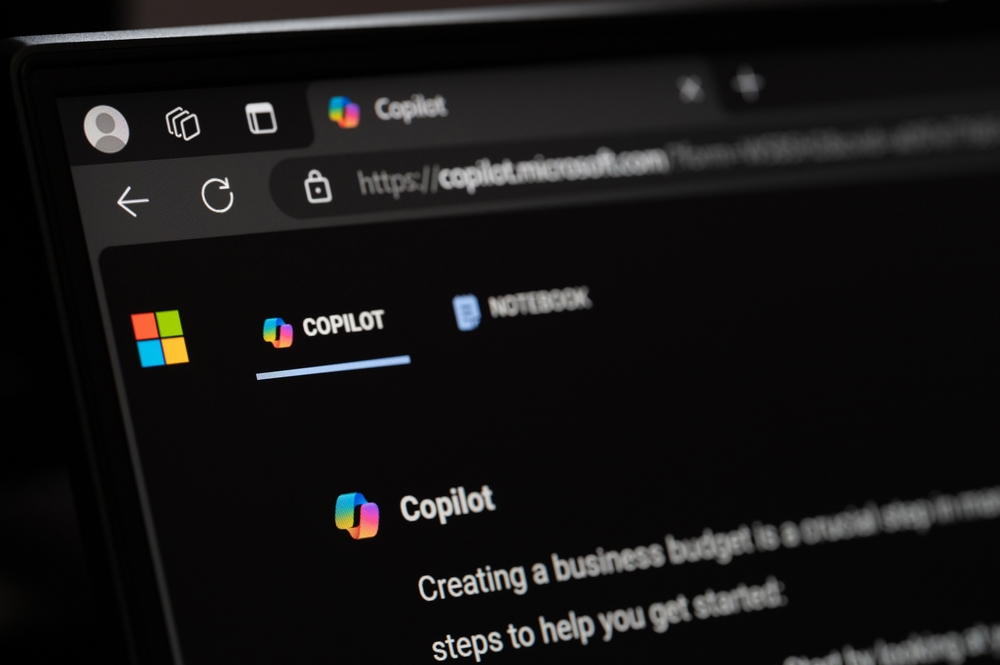Microsoft’s new Copilot+-certified PCs, which offer good AI performance, all-day battery life, and other perks, are facing significant challenges when it comes to gaming, according to a report from The Wall Street Journal. These new devices, powered by Qualcomm’s Arm-based Snapdragon chips, integrate a CPU, GPU, and neural processing unit, promising enhanced AI capabilities and energy efficiency. However, the use of Arm architecture has introduced compatibility issues that are reminiscent of the challenges faced by Apple’s Macs.
The primary concern stems from the fact that many popular PC games are designed for x86 chips, making them incompatible with the Arm-based Copilot+ PCs. This issue is particularly significant given that approximately 15% of PC laptop users are gamers, and Microsoft’s user base is not accustomed to dealing with such compatibility problems.

Prism: Microsoft’s Attempt at a Solution
To address the Arm compatibility issue, Microsoft developed Prism, a technology similar to Apple’s Rosetta 2. Prism is designed to allow x86 applications to run on Arm-based Windows machines. However, early testing results have revealed that Prism’s performance falls short of expectations, especially in the gaming domain.
In a comprehensive test involving 1,300 PC games, only about half of them ran without errors, glitches, or launch issues on Copilot+ PCs. This lackluster performance extends beyond just graphically demanding titles. Even “simple” games that aren’t particularly resource-intensive are facing problems. For instance, popular titles like Fortnite and League of Legends are encountering issues with their anti-cheat software, rendering them unplayable on these new devices.
The challenges aren’t limited to gaming. Reviews of Copilot+ PCs have noted issues with Prism since June. The Verge reported that professional applications like Adobe Premiere Pro were “virtually unusable,” and 3D rendering in Blender was described as “horrible.” Games such as Shadows of the Tomb Raider experienced frequent crashes, while others like Destiny 2, Starfield, Halo Infinite, and Fall Guys failed to launch altogether.
Microsoft’s Response and Future Outlook
In response to these concerns, Microsoft has acknowledged that graphics-intensive games may not run on Copilot+ PCs. The company stated that while they aim to deliver a “quality gaming experience” on these new devices, gamers seeking high-performance should consider alternative options.
Despite these setbacks, it’s important to note that Copilot+ PCs still offer significant advantages in terms of AI performance and battery life, adds NIX Solutions. These devices represent an important step in Microsoft’s efforts to integrate more powerful AI capabilities into personal computing.
As the technology continues to evolve, we’ll keep you updated on any improvements or solutions that Microsoft develops to address these gaming compatibility issues. The company is likely to work on enhancing Prism’s capabilities and collaborating with game developers to improve compatibility in the future.
For now, potential buyers should carefully consider their needs and usage patterns before investing in a Copilot+ PC, especially if gaming is a priority. While these devices excel in certain areas, they may not be the best choice for users who prioritize gaming performance and broad software compatibility.
